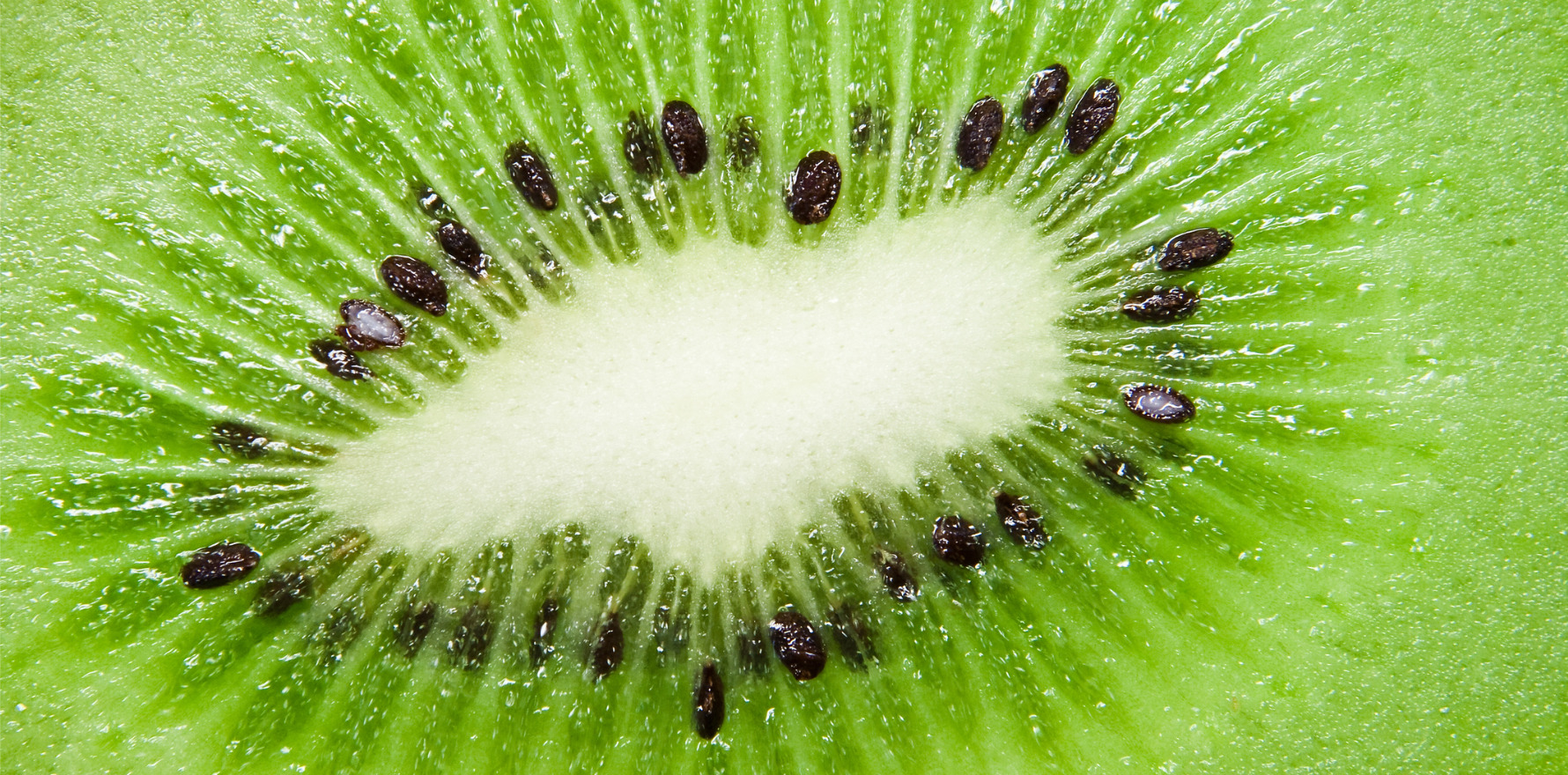A study presented at EULAR gives us a clear reason why paternal exposure to methotrexate is not harmful.
A small prospective cohort study of men with rheumatic diseases taking methotrexate has found that the drug is not associated with testicular toxicity.
The research was presented at EULAR 2022 and EULAR 2023, and has been published in full in the Annals of the Rheumatic Diseases.
Sperm samples were compared in men before and after taking MTX, with no statistically significant differences found. Nor were there any statistically significant differences between post-exposure MTX starters and the healthy controls.
“Therefore, therapy with MTX can be safely started or continued in men diagnosed with an [immune-mediated inflammatory disease] and with an active wish to become a father,” concluded the authors.
The men in the study were aged 18 and older and were fertile, demonstrated by a history of a partner’s positive pregnancy test. There were 20 with rheumatic diseases who were about to start MTX, five who had taken MTX for more than one year and 25 healthy controls. Semen samples were collected before taking MTX and 13 weeks after in the MTX-starter group, and just the once for the long-term MTX users and healthy controls.
The primary outcome was conventional semen parameters (sperm concentration and motility and semen volume), male reproductive hormones and the sperm DNA fragmentation index, which were used as markers for fertility.
The secondary outcome was to determine whether MTX-polyglutamates, the bioactive form of MTX, could be detected in sperm and seminal plasma, and to evaluate the activity of folylpolyglutamate synthetase (FPGS), the enzyme responsible for MTX intracellular bioactivation.
There were no statistically significant differences found between samples taken before and after MTX exposure. Nor were there any statistically significant differences between post-exposure MTX starters and the healthy controls. There were too few people in the chronic MTX group for statistical analysis, so the long-term effects cannot be determined from the data in this study.
The group also found that the levels of FPGS had very low activity in spermatozoa, resulting in low concentrations of intracellular MTX-PG in sperm.
“The iFAME-MTX study is the largest study to date that prospectively evaluated the potential impact of MTX on many important markers of testicular toxicity and to evaluate the potential underlying mechanisms explaining why MTX does not impair sperm quality,” wrote the authors in ARD.
“It shows that MTX is not associated with conventional semen analysis abnormalities, disturbances in the male reproductive endocrine axis or with increased sperm DNA damage.”
The use of MTX in men hoping to conceive is controversial, with some national guidelines saying it’s okay to continue and others recommending it’s stopped three to six months before conception. The reason for this is a lack of data on the testicular toxicity on MTX and other older drugs.
Lead author, Dr Luis Fernando Perez-Garcia of the Erasmus Medical Center in Rotterdam, told delegates at EULAR 2023 that his team hoped to do similar studies in other older drugs.
“For new medications, the FDA and EMR are more strict, so a new medication coming onto the market should have gone through a process to say that it was testicularly non-toxic. For our older drugs, then, it will be nice to do studies. For example, we don’t know a lot about the TNF alpha inhibitors.”
While the study wasn’t designed to measure teratogenicity of paternal MTX, there were three pregnancies that occurred within the first year of starting MTX with healthy outcomes.
Responding to a question on birth defects at EULAR 2023, Dr Perez-Garcia pointed out that research from registries in Scandinavia didn’t indicate any issues.
“And also now, as we can see, the spermatozoa is not capable of handling the methotrexate. So, no, I don’t expect any negative outcomes on pregnancy outcomes or in the babies.”
As to whether the research was enough to change consumer information leaflets, Dr Perez-Garcia said the study might help change the guidelines from a contraindication to warning. While the study was small, the analysis of MTX-PG and FPGS validated the finding of testicular non-toxicity, he said.




